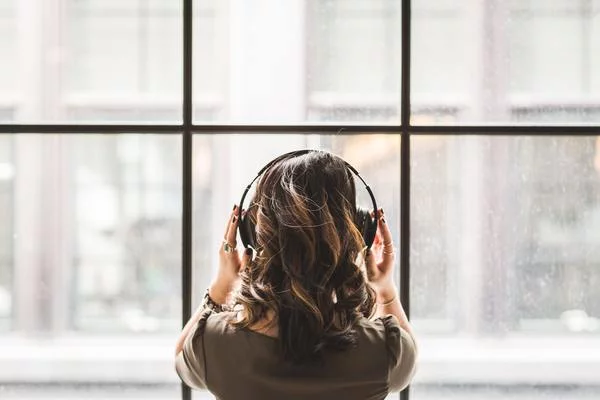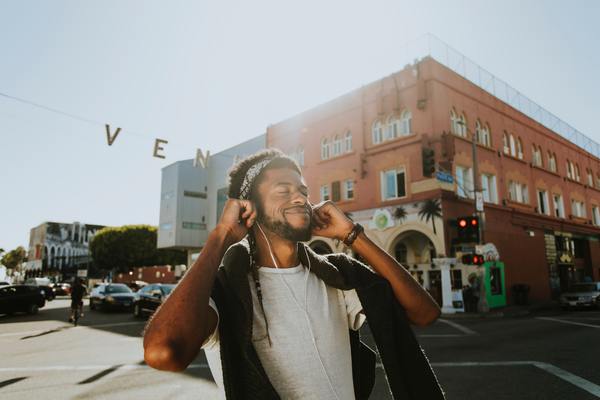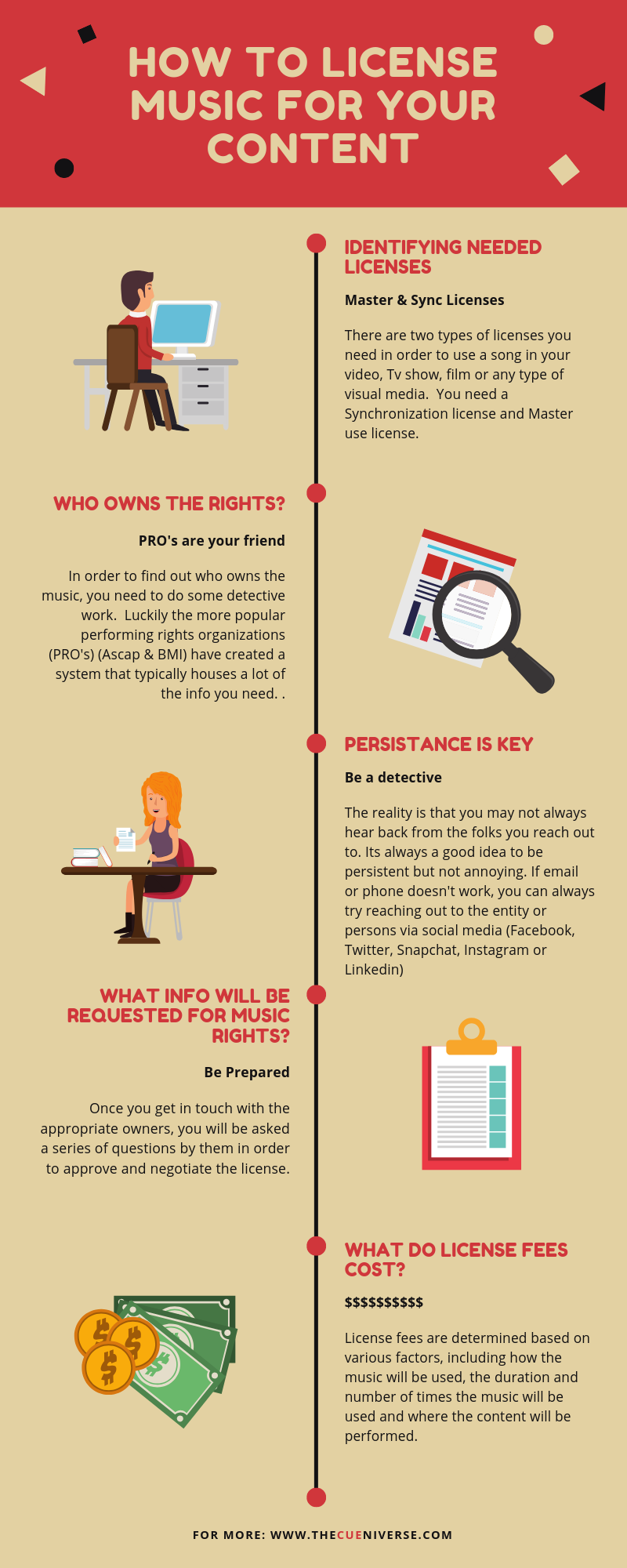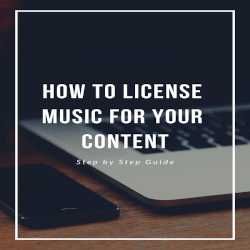To use an artists music in a online video, commercial, film or any other type of visual media, you need to obtain the legal rights to use their music. This can be tough because of the different types of rights that are needed to license a song. On top of that, finding out who actually owns the music can also be very difficult. If you do your homework and follow these steps, this should educate you on how to secure music rights and hopefully make the process much easier.
Step 1
Identifying the licenses you need
There are two types of licenses you need in order to use a song in your video, Tv show, film or any type of visual media. You need a Synchronization license and Master use license. Below is a breakdown of each:
- Synchronization License: This is the right to synchronize a song or a piece of music with your visual image or video. It must be obtained from the copyright owner of the music, which is usually the publisher or record label.
- Master Use License: This is the right to reproduce a specific recording of a song in your film. You clear this right with the copyright owner, artist, writer or record label who owns the specific recording you would like to use.

Step 2
Who owns the rights?
In order to find out who owns the music, you need to do some detective work. Luckily the more popular performing rights organizations (Ascap & BMI) have created a system that typically houses all of the info you need. Below is a breakdown of some specific links that can help.
- You can find out who the writer or publisher is by using ASCAP's Clearance Express at www.ascap.com/ace. You can search by Title, Performer, Writer, Publisher, Work ID or even ISWC. ISWC is the international Standard Musical Work Code that is a unique identifier for musical works, similar to an ISBN for books.
- Songs that are not represented by ASCAP might be found on BMI's Repertoire system https://repertoire.bmi.com/StartPage.aspx with similar search parameters as Ascap's system.
- Alternatively, you can also get contact information for writers or publishers by calling ASCAP's, BMI or Sesac's Film/TV Department.

Step 3
Persistence is key
You now may have all the info you need in order to reach out to the appropriate parties to license the music.
- The reality is that you may not always hear back from the folks you reach out to. Its always a good idea to be persistent but not annoying.
- If email or phone doesn't work, you can always try reaching out to the entity or persons via social media (Facebook, Twitter, Snapchat, Instagram or Linkedin)
Theses platforms have worked for me in the past as sometimes information on file can be outdated. Additionally for these same reasons, its always a good idea to have back up song ideas.
- You should have at least another song or two in mind, in case you can't get in touch with the copyright owners.
Be sure to present all song ideas from the beginning to your creatives as people have a tendency to fall in love with one song idea. If all options are presented from the beginning I find psychologically, the other options are more easily accepted lol.

Step 4
What Info will be requested for music rights?
Once you get in touch with the appropriate owners, you will be asked a series of questions by them in order to approve and negotiate the license. Here are some potential questions below.
-
Submit a synopsis of the project and the project's budget.
-
Provide as much detail as possible on how you intend to use the song: main title (opening credit) or end title (closing credit); feature (song is the main focus of the viewers attention) or background (song plays in the background of a scene); number of times the song is used, duration and placement for each use.
-
Specify where your project will be screened. For example, is your film a student film being viewed solely in an educational environment? Or is your film an independent film, which will screen at festivals?
-
Ask how the fee will increase in the event of possible future performances in different types of media.
If you are planning on securing soundtrack rights at the same time, ask how that affects your fees

Step 5
What do License Fees Cost?
License fees are determined based on various factors, including how the music will be used, the duration and number of times the music will be used and where the film will be performed.
- In all cases, the fees are negotiable and not all publishers and record labels charge the same amount.
- Students working on films that are only shown within an educational environment can often negotiate reduced fees.
- Independent filmmakers planning to show their films at film festivals can also often negotiate a reduced fee called a Festival Use License.
These reduced rates are based on limited screenings of the film. Once the film has been sold for theatrical release, the fees will increase based on the significant increase in viewership and potential increased revenues. It is best to negotiate this increased fee in advance. Negotiating in advance for possible future performances in different types of media (theatrical, TV, cable, internet, etc) is often referred to as a Step Deal.
Here is a recap:


Comments ()